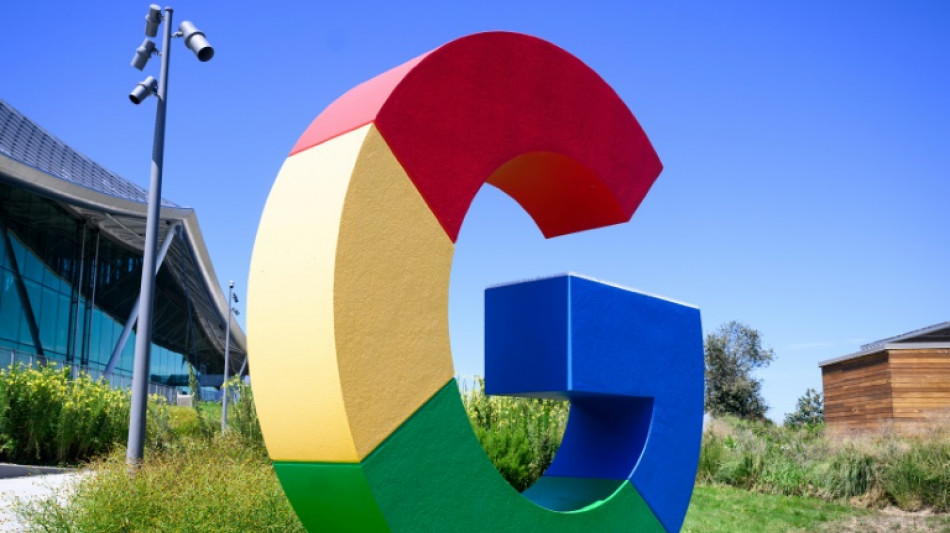

US asks judge to break up Google's ad tech business
Google on Friday faced a demand by the US government to break up its hugely profitable ad technology business after a judge found the tech giant was commanding an illegal monopoly.
"We have a defendant who has found ways to defy" the law, US government lawyer Julia Tarver Wood told a federal court in Virginia, as she urged the judge to dismiss Google's assurance that it would change its behavior.
"Leaving a recidivist monopolist" intact is not appropriate to solve the issue, she added.
The demand is the second such request by the US government, which is also calling for the divestment of the company's Chrome browser in a separate case over Google's world-leading search engine business.
The US government specifically alleged that Google controls the market for publishing banner ads on websites, including those of many creators and small news providers.
The hearing in a Virginia courtroom was set to plan out the second phase of the trial, set for September, in which the parties will argue over how to fix the ad market to satisfy the judge's ruling.
The plaintiffs argued in the first phase of the trial last year that the vast majority of websites use Google ad software products which, combined, leave no way for publishers to escape Google's advertising technology and pricing.
District Court Judge Leonie Brinkema agreed with most of that reasoning, ruling last month that Google built an illegal monopoly over ad software and tools used by publishers, but partially dismissed the argument related to tools used by advertisers.
The US government said it would use the trial to recommend that Google should spin off its ad publisher and exchange operations, as Google could not be trusted to change its ways.
"Behavioral remedies are not sufficient because you can't prevent Google from finding a new way to dominate," Tarver Wood said.
Google countered that it would recommend that it agree to a binding commitment that it would share information with advertisers and publishers on its ad tech platforms.
Google lawyer Karen Dunn did, however, acknowledge the "trust issues" raised in the case and said the company would accept monitoring to guarantee any commitments made to satisfy the judge.
Google is also arguing that calls for divestment are not appropriate in this case, which Brinkema swiftly refused as an argument.
The judge urged both sides to mediate, stressing that coming to a compromise solution would be cost-effective and more efficient than running a weeks-long trial.
M.Ferraro--MJ



